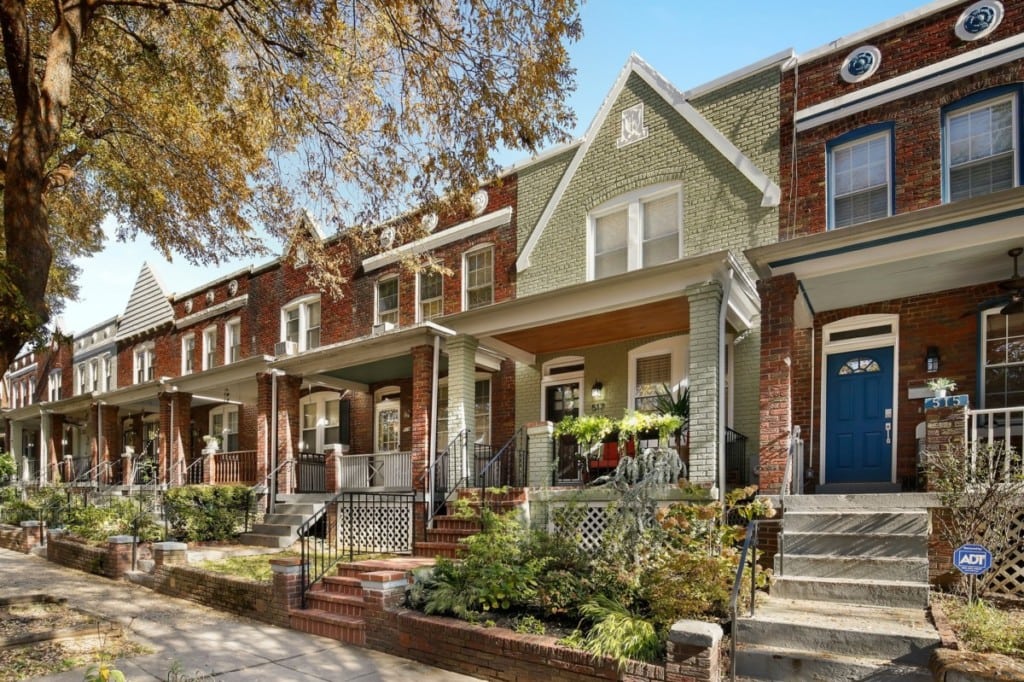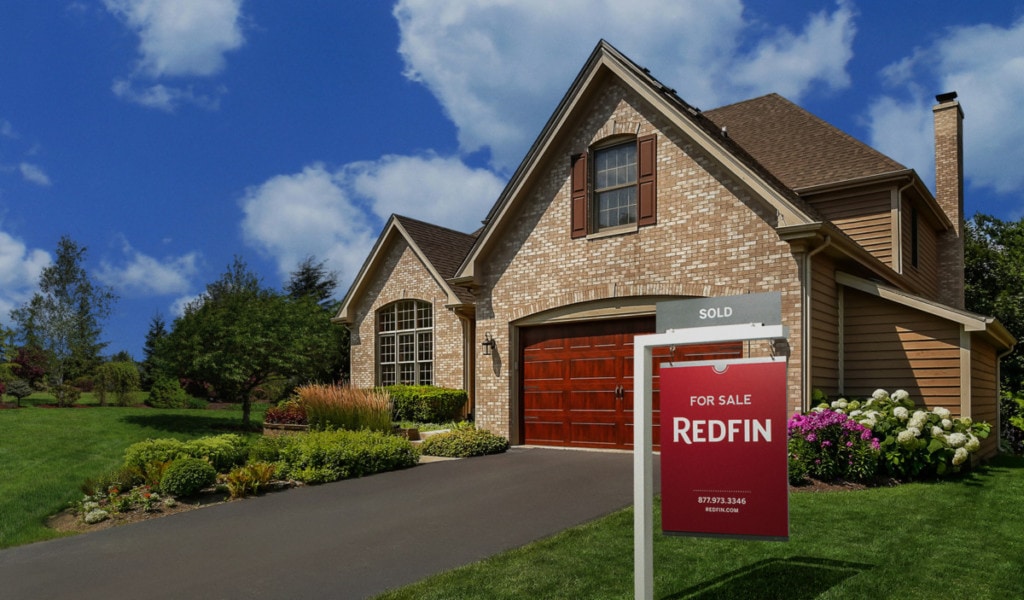You may be surprised to know that home inspection costs can vary widely from state-to-state. What it costs for a house in New York, NY to be inspected most likely will be different than a home in Portland, OR. Quite often, the cost can also vary from inspector to inspector. With a better understanding of why you need a home inspection, who should be conducting the inspection, and what a good home inspector looks for during an inspection, you’ll be in a better position to know what to expect when you need a home inspection of your own.
Why do you need a home inspection?
Buying a home is often the single largest investment a homeowner will make over the course of their lifetime. You’ll want to learn as much as possible about the home you intend to purchase to minimize surprises.
How much does a typical home inspection cost?
Because home inspectors are in a professional service business, the home inspection costs can range by location and by the individual provider. A standard home inspection can range in cost from $200 to $500 for a 2,000-sq.-ft. home. For a larger home, increase your estimate by $25 for every additional 500 sq.ft. For a house between 2,000 and 3,000 sq.ft. you can expect to pay $500 to $600.
If there are known environmental issues in your area, your home inspector may recommend additional tests. For example, if your area tends to have high radon levels, you may need to order a radon test, which can cost approximately $150. Depending on the age or condition of the house, your home inspector may also recommend getting an asbestos test, lead test, and mold tests. These tests are not required, but if your home inspector recommends them it may be wise to pay attention to their advice.
You may hesitate at the home inspection cost, but keep in mind that professional home inspectors require certification by the American Society of Home Inspectors (ASHI.). They have invested in necessary job training and education so they are equipped to identify a range of repair issues, many that would normally go unnoticed by an untrained observer. Most importantly, their work is intended to keep homeowners and their families safe.
It’s a wise move to set aside $500 to $1,000 toward ensuring a smooth sale, free of unexpected expenses when you are ready to sell your home. A home inspection gives you important information about the state of the home and gives you peace of mind whether you are buying or selling.

Home inspections help the buyer
There are two points in time when a home inspection is useful, if not required. When you have extended an offer to purchase a home and the bank has not required an inspection, it is a good idea to request one. A home inspection gives you an inside glimpse of how well all the home’s systems work today, and point out any defects or repairs needed to maintain the home’s safety for its occupants.
You may be wondering, what’s included in a home inspection? During the inspection process, a certified home inspector will examine the home’s systems for heating and cooling, plumbing, and electrical. In addition, the inspector will check the foundation, roof, windows, siding, gutters, sidewalks, and other exterior features. The inspector’s job is to warn you about safety or repair concerns and document the home’s current condition.
The bank often requests a home inspection and an appraisal to mitigate any risk they take on as the lender. They don’t want you to default on a mortgage payment because you’ve incurred large and unexpected expenses to fix a shifting foundation or leaky roof. If the inspector deems the house unsafe in any way or lists a series of essential repairs, the lender will require those items to be fixed before providing funds to close.
The buyer and the seller can negotiate who actually handles (and pays for) the needed repairs. The purchase contract will often stipulate that the seller has to fix the issue to keep the transaction moving forward, but some contracts write in more flexibility. If that’s the case, the buyer and seller can negotiate which party handles what repairs or who will cover the cost of the repairs in advance of closing. In most cases, issues identified during an inspection will need to be fixed or at least scheduled before the closing date. This commitment offers the lender assurance that the issue will be handled appropriately.

Home inspections when you are ready to sell
If you are considering the sale of your home, the cost of a home inspection will likely be worth it. If you have lived in the house for any significant period of time, there could well be maintenance items deferred or ignored, or conditions you decide to just live with because you’re not concerned. When you think about selling, however, the home now faces a lender’s maintenance and safety requirements for the prospective buyer to get funding.
When you hire a home inspector yourself, you have the luxury of time and gain some control over costs to repair any safety issue. If you happen to be a licensed contractor, you could handle many of the repairs yourself at a minimal cost. Even if you are not a contractor, as the homeowner you have the discretion to familiarize yourself with any building code requirements before tackling the project.
When it comes to repairs for systems involving plumbing, electrical or heating, and cooling, the right move is to hire licensed professionals. Those code regulations change frequently, and you can count on a reputable, licensed contractor to be on top of any current changes. You can be sure your cost for the work is reasonable by getting bids from at least three contractors.
When you fix safety and maintenance issues before you list your house, it helps you set and hold to a higher sales price, as the new homeowner has confidence they won’t have to pay for any repairs in the short-term. Your house will be move-in ready, which is important to many of today’s buyers.
The post How Much Does a Home Inspection Cost? appeared first on Redfin | Real Estate Tips for Home Buying, Selling & More.
